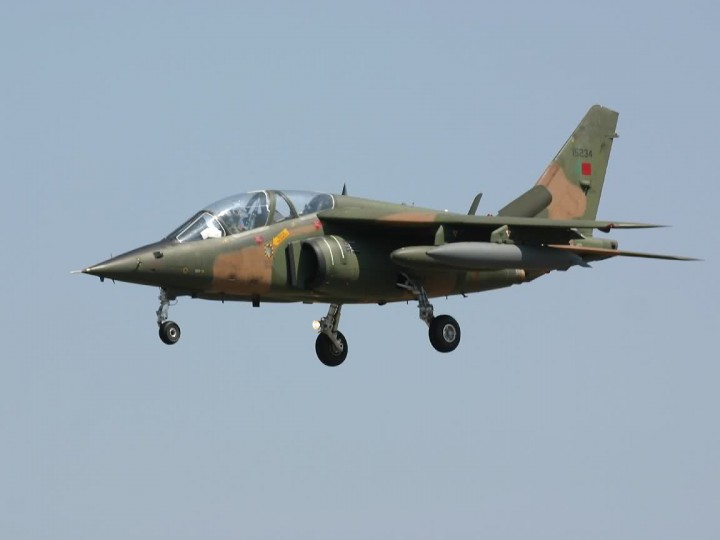 The military bombardment of Rann, Borno State in January which resulted in the death of at least 100 innocent people was a mistake prompted by communication failure.
The military bombardment of Rann, Borno State in January which resulted in the death of at least 100 innocent people was a mistake prompted by communication failure.
Defence Headquarters Spokesman Major General John Enenche told a news conference in Abuja that the Rann IDP camp was not appropriately marked to international standard.
He explained that there was no record in the archive of the Theatre Command that a camp that even harbored humanitarian workers, existed there.
General Enenche lamented the incident and stressed the need for inter agency communication to be stepped up. But he however, did not give any explanation for the six-month delay in revealing its findings.
But in a brief statement he blamed “lack of appropriate marking of the area” for the bombardment.
“Hitherto, people were not expected to amass at that location,” he said of the camp, which at the time was home to between 20,000 and 40,000 people and was run by the military.
“Furthermore, the location was not reflected in the operational map as a humanitarian base.”




